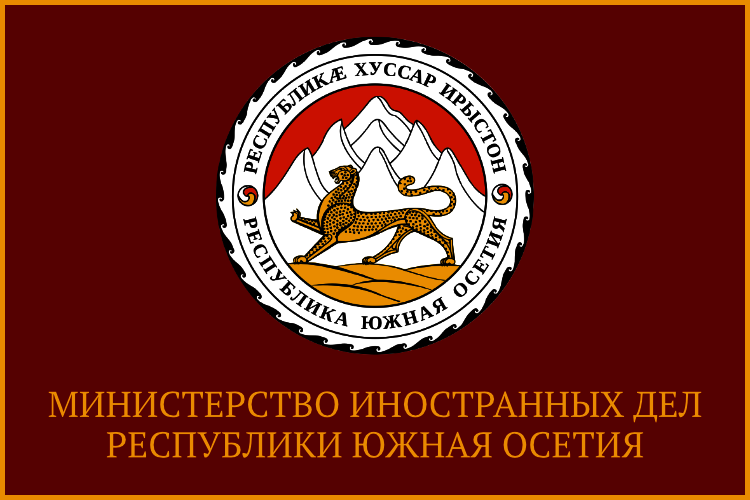The Agreement between the Republic of South Ossetia and the Russian Federation about the procedures for certain divisions of the RSO Armed Forces entry to the structure of Russian Armed Forces that is currently under preparation for signing caused strong feelings among Georgian political and public community as it allegedly violates “the sovereignty and the territorial integrity of Georgia” and “destabilizes the situation in the region”.
With this background it would be worthy to remind that the August aggression of Georgia against South Ossetia in 2008 led to irreversible political changes in Transcaucasia. The Russian Federation recognized the independence of the Republic of South Ossetia, and Treaty on Friendship, Collaboration and Mutual Assistance dated September 17, 2008 became the basis for interstate relations between the two countries. Neither South Ossetia nor, furthermore, Russia have any relation to territorial integrity of Georgia, and as for the international recognition of the Republic of South Ossetia, it is an irreversible fact.
Talking about this Agreement it would be signed in elaboration of the Treaty on Alliance and Integration, which was signed by Presidents of South Ossetia and Russia on March 18, 2015 and is providing for, in particular, creation of a joint defense and security area. The Treaty, which is completely corresponding to the international legislation, became another step in strengthening relations between South Ossetia and Russia and, contrary to statements made by Georgian side, carries no threat.
The Republic of South Ossetia considers the Russian Federation as the unique guarantor of security and intends to follow the course aimed at deepening the strategic partnership with Russia. The legal contractual framework of South Ossetia-Russia cooperation, that already consists of more than 100 agreements and is in keeping with national interests of the two countries, is under the jurisdiction of the sovereign states – the Republic of South Ossetia and the Russian Federation.
Georgian authorities, continuing to demonstrate the categorical non-admission of the developed political realities, try to foment “the Russian threat” and cover their own confrontational policy. In reality the far reaching advances of Georgia with NATO that only encourage its revanchist aspirations and aggravate tensions in the region in general are factors of intensity and destabilization.
Tskhinval, March 16, 2017
